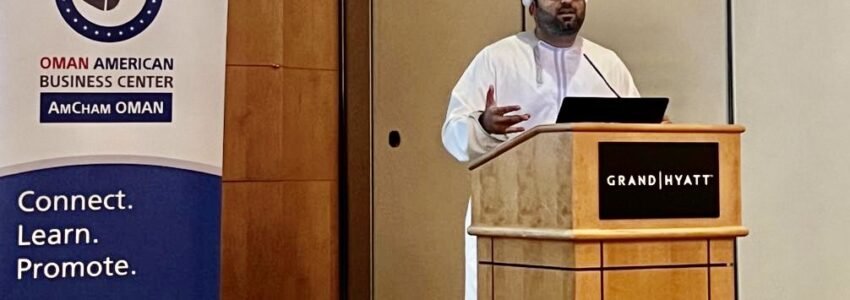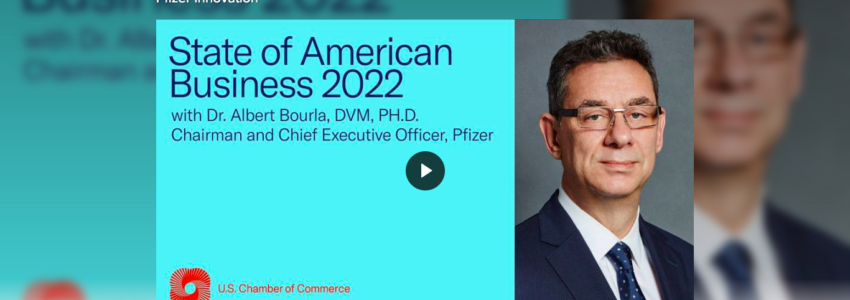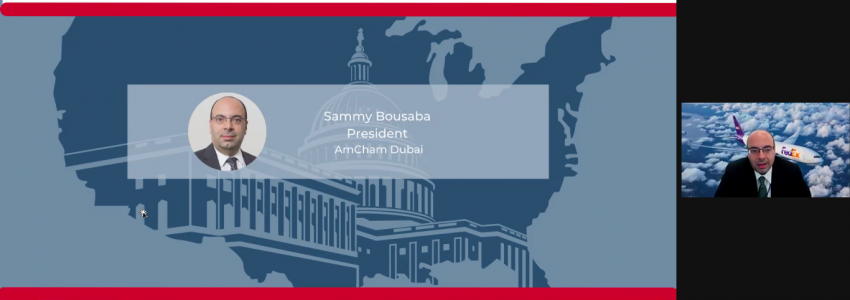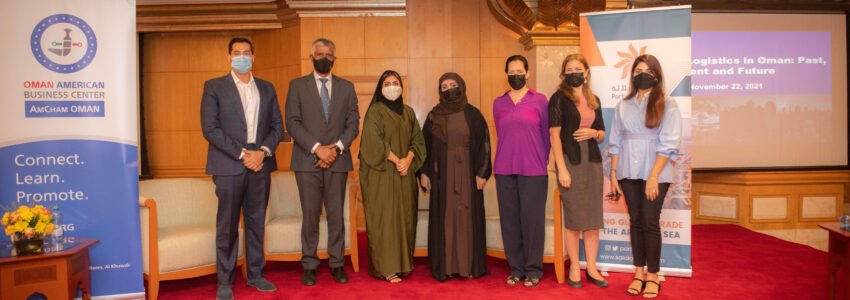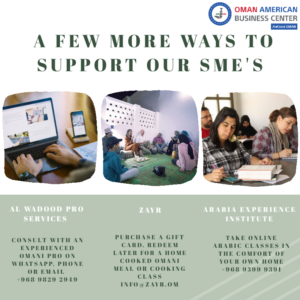We at MetLife want you to know we are here for you. We would like to share important information on the Coronavirus (COVID-19) and provide you an an update on this public health situation.
The World Health Organization (WHO) has announced the Coronavirus (COVID-19) as a world pandemic, in light of this recent announcement we want to assure you that we are here to support our customers and continue servicing our members in a timely manner.
Information about your Policy
Medical
We are currently not applying the epidemic or pandemic exclusion for treatment associated with Coronavirus (COVID-19). We are currently covering diagnostic testing, healthcare services, and admission leading up to the diagnosis of COVID-19 and for care following the diagnosis of COVID-19 per the policy terms, conditions, and limits. Should there be any change to our current position or based on regulator guidance or otherwise, we will update you at that time.
Life and Disability
With regards to the declaration of the Coronavirus (Covid-19) as a pandemic by the World Health
Organization (WHO), we want to inform you that our group life, accident, and disability policies do not
contain exclusions for pandemic events and therefore death and or disabilities as a result of Coronavirus are covered under the general terms and conditions of the policy.
COVID-19 (Coronavirus) FAQ
What is the Coronavirus?
As per the World Health Organization (WHO), coronaviruses are a large family of viruses that may cause illness in animals or humans. In humans, several coronaviruses are known to cause respiratory infections ranging from the common cold to more severe diseases such as Middle East Respiratory Syndrome (MERS) and Severe Acute Respiratory Syndrome (SARS). The most recently discovered coronavirus causes the disease COVID-19.
What is COVID-19?
As per the WHO COVID-19 is the infectious disease caused by the most recently discovered Coronavirus. This new virus and disease were unknown before the outbreak began in Wuhan, China, in December 2019.
What are the Symptoms of Coronavirus (COVID-19)?
The most common symptoms of Coronavirus (COVID-19) are:
1.Fever
2. Dry Cough
3. Tiredness
4. Shortness of breath and difficulty breathing (in severe cases)
People with fever, cough, and difficulty breathing should seek medical attention.
The Centers for Disease Control & Prevention (CDC) believes at this time that symptoms of
Coronavirus (COVID-19) may appear in as few as two days or as long as 14 days after exposure.
Useful information links:
1.COVID-19 website
2.WHO travel advice
Where can I find reliable information about Coronavirus (COVID-19)?
We recommend official and vetted resources such as the World Health Organization (WHO) and local governmental sources:
UAE:
Dubai – Dubai Health Authority (DHA) www.dha.gov.ae
Abu Dhabi – Department of Health (DoH) www.doh.gov.ae
Other countries in the Gulf:
Bahrain – Ministry of Health www.moh.gov.bh
Kuwait – Ministry of Health www.moh.gov.kw | https://corona.e.gov.kw
Oman – Ministry of Health www.moh.gov.om
Qatar – Ministry of Public Health www.moph.gov.qa
Other useful websites:
World Health Organization (WHO) www.who.int
Centers for Disease Control and Prevention (CDC) www.cdc.gov
Where Can I find information about current travel restrictions?
Please refer to the IATA Travel Centre for the latest updates on travel restrictions at https://www.iata.org/ and your Local Government Authority.
What if I suspect I am infected with COVID-19 or have been in contact with someone who has tested positive?
Members with symptoms should visit a medical facility within their network or contact their local health authorities at the numbers provided above. The Doctor will assess and decide if the member needs to be tested for COVID-19 as per protocols established by the local regulator. As the situation is continuously changing, we advise you to check regularly the links provided above for updated information from your local government.
What is the list of hospitals or clinics I can visit should I have Coronavirus (COVID-19)
symptoms?
A member with symptoms can contact or visit any hospital within their network or contact their local health authority at the numbers provided above. The treating Doctor will assess and decide if the member needs to be tested for COVID-19 as per the protocols established by the local regulator.
I want to do the test to make sure I do not have Coronavirus (COVID-19)?
The decision to test for Coronavirus (COVID-19) lies with the treating physician and the guidance of the
local health regulator. Members are advised to visit their local health authority website or call the contact numbers above for more information.
How much does it cost within the network – outside the network for the test?
Currently, most government authorities are providing the tests at no cost, and please note that charges may be incurred for doctor visits, screenings, additional labs, and those could incur a charge under the policy terms conditions and limits.
What is the isolation process?
The governmental and private hospitals are equipped with isolation rooms; however, the admission will be based on evaluation of government and clinical guidelines.
What is MetLife’s Business Continuity Plan in the event of a lockdown, or multiple staff
quarantined?
MetLife has launched a comprehensive approach to assess business readiness across all critical functions, and this includes operational readiness, employee mobility, infrastructure resiliency, and information security. We remain committed to ensuring our customers get the service they expect and the timely handling of claims.
To achieve this, we are:
1.Activating our business continuity planning to assess readiness throughout the enterprise
2. Conducting a review of end to end plans and interdependencies
3. Stress testing critical processes and systems including information technology and security
4. Determining alternate solutions for all critical processes, including resources and technology
5. Testing employee mobility and connectivity by enacting elements of our business continuity plan in a controlled environment
6. Scenario planning for a high number of resources being out due to illness and countermeasures and supplemental staffing should this situation arise. Additionally, MetLife is prepared to handle a shift to a remote workforce, with the majority of our team already equipped to work remotely and securely.
MetLife’s Business Continuity Plan in response to Coronavirus (COVID-19)
Preparing for such outbreaks requires structured pre-planning, leveraging internal and external expertise, and coordinated action by all segments of the business, globally. MetLife has a comprehensive Crisis Management framework consisting of three distinct levels with teams set up to respond to incidents on a Country, Regional, and Global level. MetLife’s Infectious Disease response plans are embedded in the global crisis management framework and define country, regional, or global actions to support our customers, protect our employees, and continue operations. A dedicated internal Communicable Disease Working Group supported by pandemic response experts from International SOS on a Global and Regional level act as a steering group for the various local Crisis Management Teams to ensure consistency in approach, proper practice implementation, and global alignment in response.
Activities are undertaken by teams getting ready for any potential activation:
Preparedness: Activities that ensure preparedness, including pro-active communication, confirmation of roles and responsibilities, and technical and system preparedness.
Monitoring and updates: Global and regional monitoring to provide continuous situational awareness to ensure the earliest warning possible to teams and activation is in line with the spread of the disease.
Response and containment testing: Conduct ongoing pre-testing of business continuity setups across the organization, including technical system and IT readiness confirmations and dedicated readiness exercises for respective Crisis Management Teams.
Activities undertaken by our activated teams comprise of:
1. A business travel reduction with guidance to ensure full organizational capability balanced against health considerations of our employees.
2. Activation of our Business Continuity plans across the region with a focus on ensuring service provisions for highly affected countries. Our plans are a mixture of enabling our employees to work from home, splitting critical teams, and increase distancing between employees to reduce any potential direct effects.
3. Increase in customer communication to provide reassurance to existing clients, sharing of fact sheets
to increase balanced awareness to reduce anxiety, and support our customer base in higher affected countries through additional country-specific actions.
4. Implementation of strategies to increase employee and office space hygiene. A combination of briefings, posters, email advice, distribution of hand sanitizers, masks, and increased cleaning intensity.
5. Up to date information sharing amongst our employees via a dedicated microsite containing up to date information for governmental and non-governmental health advisory bodies, travel advice, and latest information on the virus form our health partner, International SOS.
6. Continuous pre-planned adjustment of MetLife’s IT operating environment to ensure enough bandwidth is available and sufficient corporate system access points for all key functions.
7. We are introducing work from home initiatives in higher affected countries supported by our digital
platforms, communication tools, and integrated system access options.
If you have any questions regarding the above, please contact:
George Joseph
Executive Consultant Oman| MetLife
T.+967 24787531 | M. +968 92381084
george.joseph@metlifegulfagency.com




